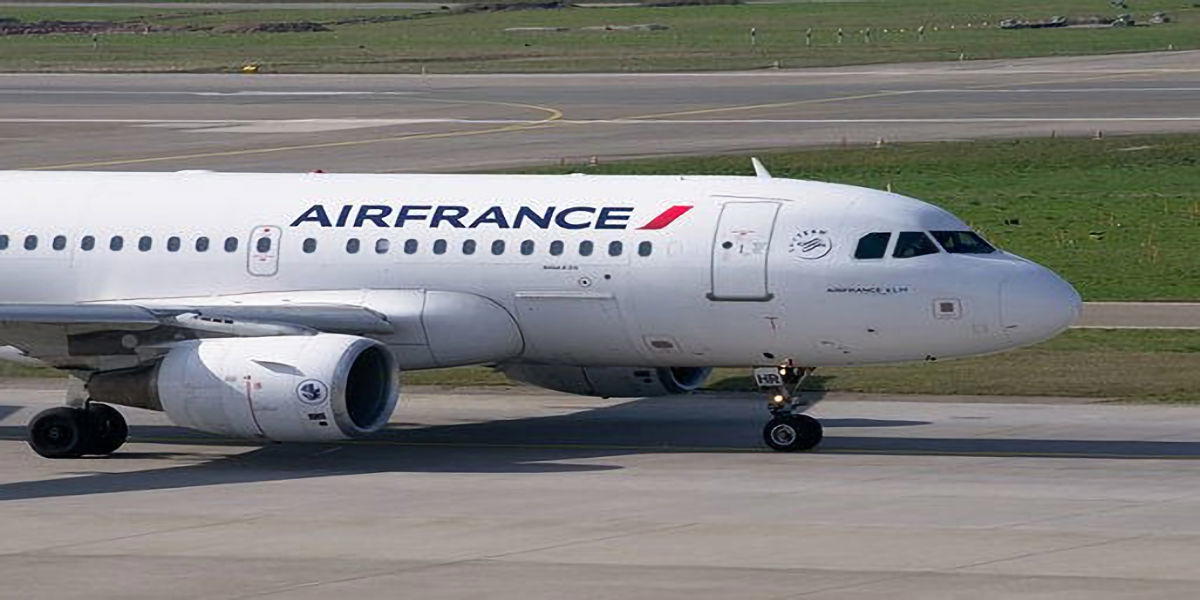When Airbus was found guilty of bribery related to the sale of helicopters, satellites, and commercial aircraft to Libya and Kazakhstan, which mainly occurred between 2006 and 2011, French prosecutors said the settlement agreement was ‘unprecedented’ at the time. Unprecedented no more.
In November 2022, Airbus SE agreed to pay €15.9 million ($16.5 million) to end French probes into allegations of corruption tied to foreign sales campaigns in Libya and Kazakhstan, after a record (and unprecedented) nearly $4 billion bribery settlement almost three years ago.
The worst part is that Airbus’ campaign of corruption ran across the world, involving bribes and the false reporting of information for over five years to obtain valuable licenses to export U.S. military technology. The fraudulent scheme offered to pay bribes to foreign (including Chinese) officials with the goal of acquiring and retaining business, including secret deals to sell aircraft.
According to the U.S. Department of Justice, this was a massive, multi-year scheme that, in particular, harmed American interests involving sensitive U.S. defense technology as well as other national security interests.
The U.S. Department of Justice issued a sobering statement: “Through bribes, Airbus allowed rampant corruption to invade the U.S. system. Additionally, Airbus falsely reported information about its conduct to the U.S. government for more than five years in order to gain valuable licenses to export U.S. military technology. This case exemplifies the ability of our prosecutors and law enforcement to work with our foreign counterparts to ensure that corruption around the world is prevented and punished at the highest levels.” (emphasis added in italics)
The resulting national security implications for America are staggering since the global threats that the United States are now facing are greater today than they have ever been.
In light of repeated and unprecedented bribery and fraud schemes that have damaged U.S. national security, European-owned Airbus SE should be barred from receiving any future U.S. Government contracts. We should not be sending U.S. tax dollars to foreign companies that have such disregard for our national security.
You would think European firms like Airbus would regard the United States as an ally and conduct themselves accordingly.
U.S. allies should never engage in the payment of bribes to government officials, as well as non-governmental airline executives in China and multiple other countries, which included Malaysia, Sri Lanka, Taiwan, Indonesia, and Ghana.
It has also been widely reported that former French President Nicolas Sarkozy received financial support during his 2007 political campaign from Libya’s leader Muammar Gaddafi. Libyan Arab Airlines ordered fifteen Airbus aircraft that same year.
Both foreign-owned Airbus and American-owned defense firms have touted their planes’ potential to perform advanced aerial refueling operations.
In the realm of commercial aircraft, however, we must understand the importance of a strong and successful American competitor to Airbus. As the Wall Street Journal documented on March 23, 2022, even though production began outside Shanghai in 2018, 737 jets are fitted and painted in Renton, Wash., where the 737 is built. Airbus, however, manufactures jets in Tianjin, China.
Our U.S. military needs every boost possible from the U.S. government and American tax dollars, which large American-owned defense companies pay in part through a tax rate above 25% while manufacturing aircraft in the United States.
According to a December 2021 Air Force Times article, our U.S. Air Force needed an additional 1,650 pilots. These Air Force pilots and all members of our U.S. military are funded by U.S. taxpayer dollars. Now is not the time to disinvest in our U.S. companies, U.S. military, and national defense by withholding U.S. government or U.S. taxpayer support.
Bad actions by foreign-owned companies that seek to access America’s market for profit and gain come with consequences. When the U.S. Constitution says we are “to form a more perfect Union,” it wasn’t talking about the European Union. We must continue to secure the American market for the American producer.


